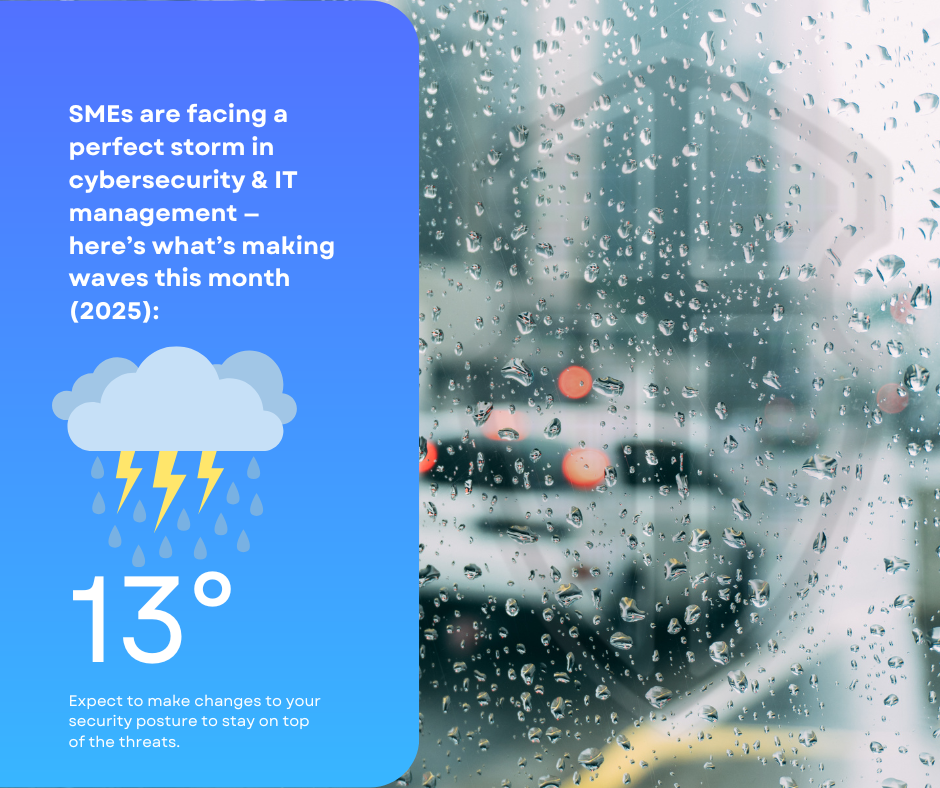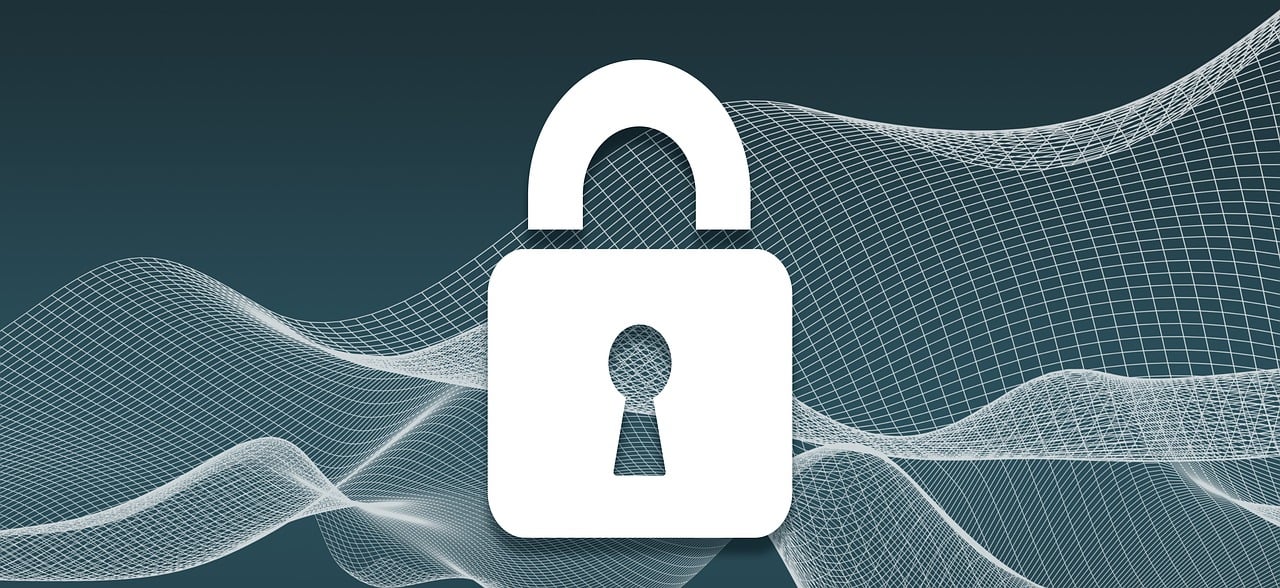In a world where cyber threats are rising and digital compliance is non-negotiable, IT policies are no longer a “nice to have” — they’re a business essential. Yet, many small and medium-sized enterprises (SMEs) operate without them or use outdated templates that don’t reflect how their business actually works.
This blog will break down what IT policies are, why your SME needs them, and how to create effective, customized policies that strengthen your business.
What Are IT Policies?
IT policies are formal documents that define how technology is used, secured, and managed within your organization. They guide employee behavior, outline responsibilities, and set clear expectations around everything from device usage to data handling.
In short, they tell your team how to use IT safely and responsibly — and what happens if they don’t.
Why IT Policies Matter for SMEs
You may not have a huge IT department, but your data, systems, and operations are still at risk. Here’s why IT policies are crucial:
-
Reduce Human Error – Most security incidents stem from accidental misuse. Policies help staff know what’s safe — and what’s not.
-
Support Compliance – If you handle personal or sensitive data (think GDPR, HIPAA, ISO 27001), IT policies are key to staying compliant.
-
Protect Your Reputation – A policy breach that leads to a cyber incident can damage customer trust and lead to legal consequences.
-
Enable Fast Responses – With clear policies, you don’t scramble in a crisis. Your team knows how to act when things go wrong.
Types of IT Policies Every SME Should Have
Start with the essentials:
-
Acceptable Use Policy (AUP)
Defines what employees can and can’t do with company devices, internet, email, and software. -
Password and Access Policy
Sets rules for creating strong passwords, enabling MFA, and managing access levels. -
Data Protection Policy
Outlines how your business collects, stores, and secures sensitive data. -
Backup and Recovery Policy
Covers how data is backed up, how often, and how recovery will be handled in case of loss. -
Bring Your Own Device (BYOD) Policy
Regulates personal device use for work to minimize security risks. -
Incident Response Policy
Provides a step-by-step guide on what to do when a cyber incident or data breach occurs.
How to Create IT Policies for Your SME (Step-by-Step)
You don’t need to reinvent the wheel — but you do need to make your policies fit your business. Here’s how:
1. Assess Your Current Risks
Start by identifying the most critical systems and vulnerabilities in your business. What data do you store? Who has access to it? What could go wrong?
2. Prioritize Core Policies
Don’t try to write 20 policies at once. Focus on the top 3–5 areas where you’re most exposed (e.g., passwords, acceptable use, data handling).
3. Keep It Simple and Clear
Avoid jargon. Use real examples. Make policies easy to read and easy to follow for non-technical staff.
4. Involve Your Team
Ask employees where they struggle with IT processes. Their input helps make policies practical — not just theoretical.
5. Get Professional Help (if needed)
A cybersecurity consultant or IT service provider can help you craft policies that meet industry standards and regulatory needs.
6. Train and Communicate
Policies only work if your staff understands them. Hold training sessions, include policies in onboarding, and send regular reminders.
7. Review and Update Regularly
Technology and risks change — so should your policies. Revisit them at least annually, or after any major tech change or incident.
Final Thoughts
IT policies aren’t just about control — they’re about empowerment. With the right policies in place, your team knows what’s expected, your data stays protected, and your business is better prepared for the unexpected.
Need help building your first set of IT policies?
We specialize in helping SMEs create practical, effective cybersecurity and IT governance plans that scale with your business. Contact us to learn more.






